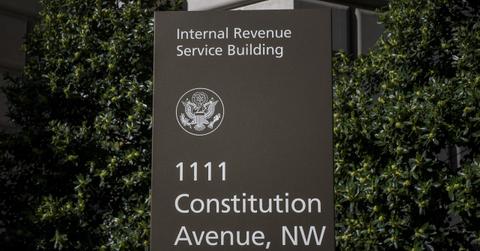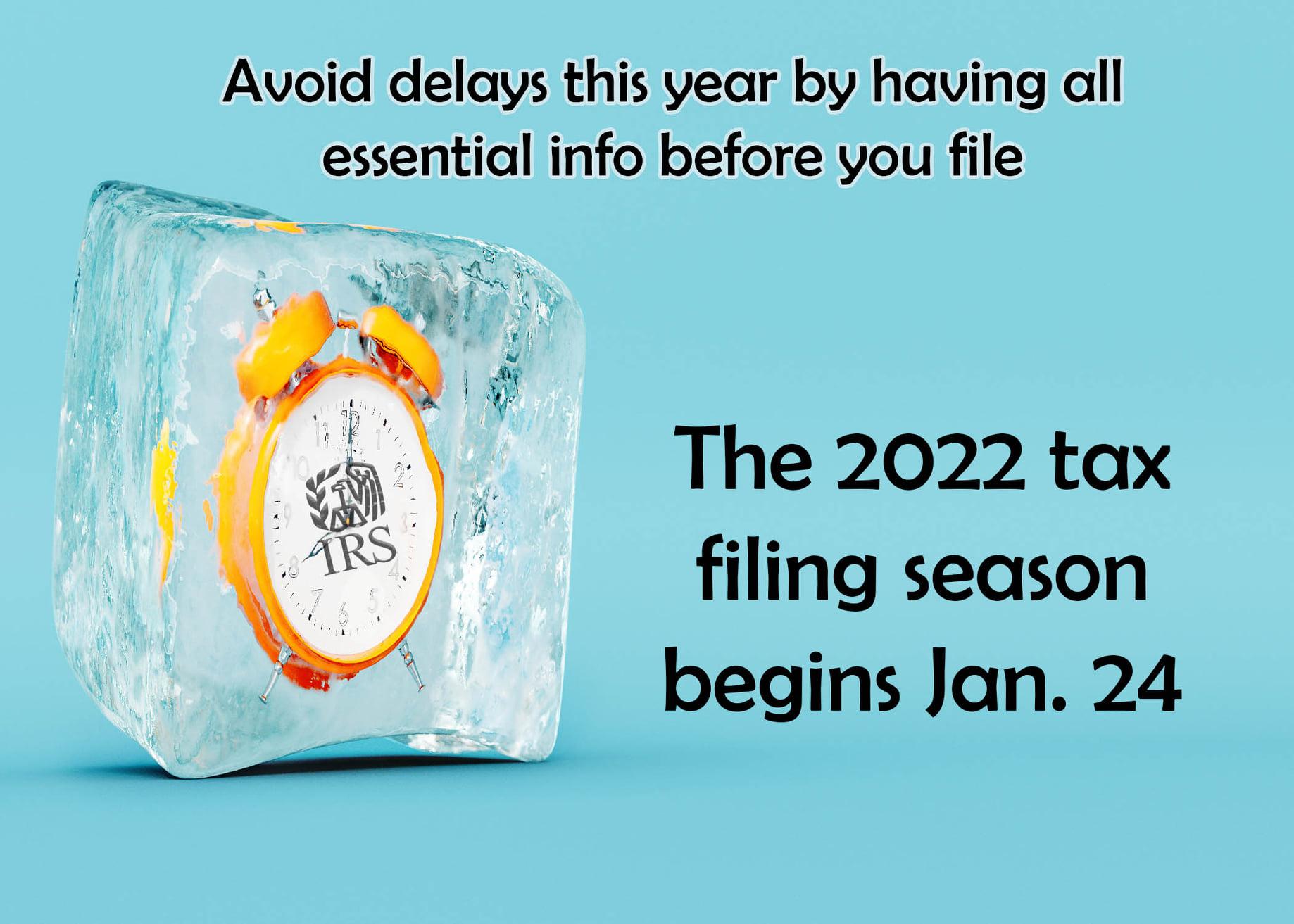What to Do to Get a Faster Tax Refund From the IRS
People have already started filing returns to get their tax refunds as soon as possible. When does the IRS send out refunds?
Jan. 26 2022, Published 6:50 a.m. ET

The 2021 tax season has already arrived, and the IRS started accepting and processing returns on Jan. 24, 2022. Some people are in a hurry to file their income tax returns to get their refunds as soon as possible. When does the IRS send out refunds, and could this year be any different?
About 75 percent of U.S. filers get an annual tax refund from the IRS. According to the agency, the average 2020 tax refund was $2,800. This tax season, the IRS has encouraged taxpayers to file accurate returns electronically and with direct deposit to avoid delays. IRS commissioner Chuck Rettig noted that taxpayers need to take special care this year due to several tax law changes and ongoing challenges related to the pandemic.
When do you get a tax refund?
You get a tax refund when you’ve paid more taxes than you owe. The IRS processes income tax returns and issues a refund check if you overpaid. To get a refund, you need to file a tax return.

When does IRS send out refunds?
Typically, if there's no problem with your return, you file electronically, and you opt for a direct deposit, you should get a tax refund within 21 days of filing your return, according to the IRS. The agency has stressed that if you need a tax refund quickly, you shouldn't file through paper forms, but software, a trusted tax professional, or Free File on IRS.gov.
The wait time may vary depending on a number of other factors, such as claimed tax credits. By law, the IRS cannot issue a refund involving the earned income tax credit or additional child tax credit (CTC) before mid-February, even if the return was filed Jan. 24. The law provides this additional time to help the IRS avoid issuing fraudulently claimed refunds.
How to get tax refunds faster
Other ways you can help the IRS process your refunds faster are:
- Filing your returns electronically.
- Opting for direct deposits.
- Filing an accurate return and double-checking it for errors.
Furthermore, the IRS urges people who received a third economic impact payment (EIP) or advance CTC to ensure the amounts they've received are entered correctly on their tax return. Incorrect entries mean the IRS will need to further review the tax return, creating a delay. The IRS has mailed out special letters about the stimulus payments and advance CTCs. Experts also suggest using an IRS transcript to double-check the amounts from your CTC and stimulus check letters.
Getting flagged for identity theft can also delay your refund. The IRS marked 5.2 million refunds for fraud in 2020, with 1.9 million stopped for identity screening. In this case, the IRS will contact you via mail to check your contact information.
If you need help, it's best to use the online resources as IRS.gov. The agency continues to receive more phone calls than its limited resources can handle.
